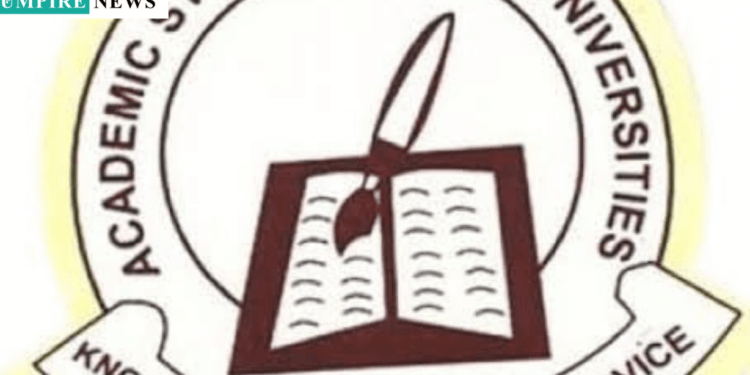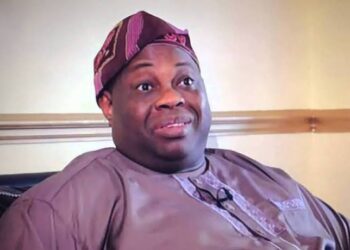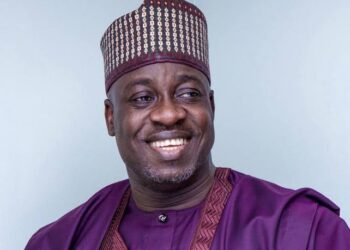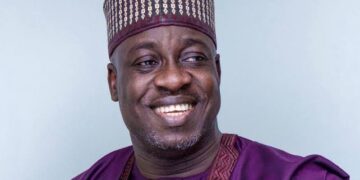The Academic Staff Union of Universities (ASUU) has attributed the declining interest of young Nigerians in academic careers to poor working conditions in public universities.
Prof. Ayo Akinwole, chairman of ASUU’s University of Ibadan chapter, expressed concern over the lack of adequate welfare for lecturers, which he said also affects primary and secondary education. He pointed out that poorly paid teaching roles in public schools have deterred qualified professionals, allowing untrained and unqualified individuals to dominate the sector.
“The result of this is the rise of private schools, many of which charge exorbitant fees beyond the reach of ordinary Nigerians,” Akinwole said.
He described year 2024 as stagnant for the university system, noting that industrial actions were narrowly avoided due to sacrifices by lecturers. However, he warned that the education sector remains underfunded, with only 7% of the 2025 national budget (N3.52 trillion) allocated to it—a figure far below the UNESCO-recommended 15-20% for developing countries.
Akinwole acknowledged the government’s decision to revisit the 2009 ASUU agreement but urged the Tinubu administration to avoid the delays seen under previous governments. He advocated for the immediate adoption of the 2021 draft agreement negotiated by the Nimi Briggs-led committee as a way to show commitment to revitalizing public universities.
He concluded by emphasizing the urgent need for improved funding and welfare for educators at all levels, warning that without these measures, the future of Nigeria’s education system remains bleak.



































